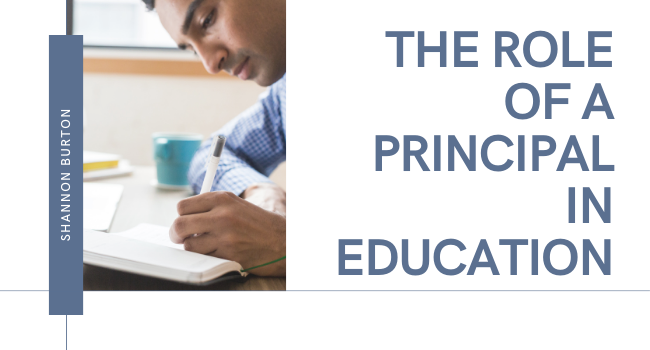When most people think of the role of a principal in a school, they think about their run-ins with a principal as either a student or a parent. While principals can certainly stay busy just dealing with unruly behavior, that is only one of many roles a principal fills in a school and the educational system in general. Here are three other common but much less visible roles a principal also plays in education.
Chief Visionary
While this has not always been the case, today’s principals take on greater responsibility for setting performance standards and expectations for the entire school. In generations past, performance standards were often only set for the best and brightest students, while underperforming students were allowed to slip through the cracks. In many cases, teachers would set performance expectations for their classes, which would regularly lead to discrepancies in performance standards between classes. Today, principals take on the responsibility for setting school-wide policies and standards, leading to a more uniform educational experience for all students.
Leadership Cultivator
Like all great leaders, effective school principals recognize they cannot go it alone. Creating and implementing an effective educational program requires leadership at all levels. From student leaders to community leaders to influencers who can get other teachers and even parents on board with new programs, an effective principal knows how to spot leadership potential and cultivate that potential into a powerful set of skills. In addition, however, principals also have to be great leaders themselves. They are responsible for setting the primary example for all other key leaders to follow.
Key Liaison
Perhaps one of the most difficult and challenging roles a principal must play is acting as a central hub between various interested parties. State education boards, school districts, and other exterior interests set certain standards that schools must follow, and it is up to the principal to implement them. In addition, students, parents, and teachers can also have individual wants, desires, needs, and even demands that can often conflict with the wants, needs, desires, and demands of other interested parties. Principals have to try to grease the wheels that keep all the various parties moving on the same track.

